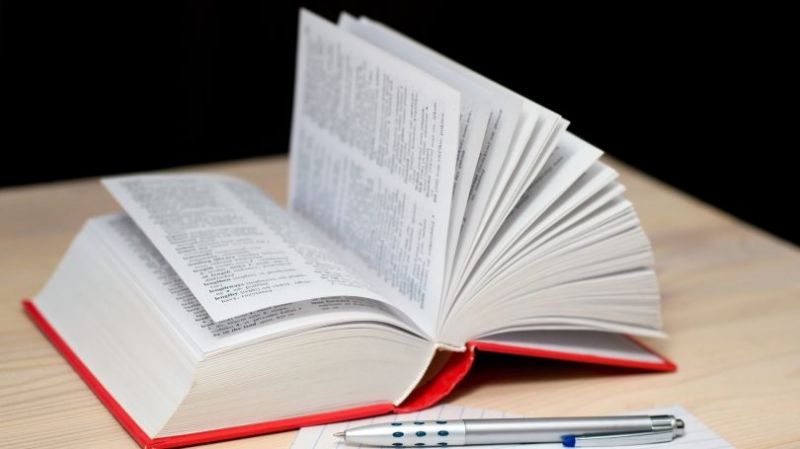
Hundred years ago, in 1918, when the First World War ended. A few months later that, in a diary entry dated September 10, 1918, the term entered the English language. We didn't wait for the Second World War to coin the word "First" before the only World War the world had seen at the time.
Though it was called the Great War or the War To End Wars prior to this, the changing terminology in a way, the decision predicted the future yet to unfold.
The year 1918 saw a great many improvements on the planet apart from the World War and the incredible number of "new things" happening created the need for a lot of new words.
Around 524 new words joined the English language that year --- 333 by the Oxford English Dictionary and 191 by America's Merriam-Webster.
Below are 15 English words which entered the language in 1918 and have stayed with us changed or unchanged 100 years down the line:
1. Devalue:
When there is war, there must be massive financial losses. A term was needed to define the strategy used to lower the value of the currency to affect the war.
2. Mass graves:
A large number of casualties are a side effect of war and a term was required to define the same. It took on new meaning after the Second World War.
3. Welfare:
With war, comes the need for a "statutory procedure or social effort designed to promote the basic physical and material well-being of people in need."
4. Friendly fire:
When you face battle after battle, you are bound to end up shooting your own teammates by mistake and this term arose to define that occurrence.
5. Queued:
As millions of people stood in line for rations, a word came to define the act.
6. Interview:
This used to define the face-to-face meeting required to identify potential military recruits.
7. Breakthrough:
This word defined a burst of some major progress, but only in a war scenario.
8. Stormtrooper:
Back in 1918, this word had nothing to do with Star Wars. It referred to elite German infantrymen, handpicked and specially trained.
9. Dog-tag:
US Army soldiers wore metal tags around their necks for identification in case of death. These had the person's name and ID number stamped on them.
10. Bob:
The Bob-cut for women was a radical hairstyle back then, popularized more as women took to working outside the home with the men leaving for war.
11. Retake:
The film industry was on the rise and actors discovered that unlike in theatres, they could take a shot again on camera, thus giving rise to this word.
12. Troubleshoot:
Troubleshooters were people working to fix telegraph/telephone lines. The verb meaning 'problem-solving' came into play in 1918.
13. Climax:
With increasing emancipation of women, came the word 'climax' as opposed to 'orgasm'. It was described by birth-control pioneer Marie Stopes in a book of hers and showed the growing acceptance of women enjoying sex.
14. Blah:
Used to define "meaningless talk", this word entered the vocabulary as the society changed radically in times of war.
15. Surrealist:
As the art movement gained momentum, this term crossed the Channel from France to England.